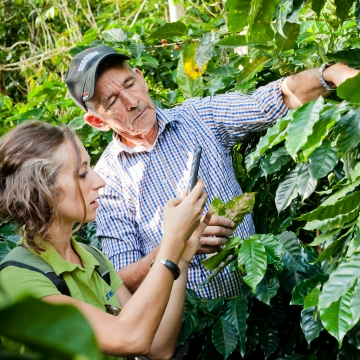It is better to be the head of a chicken than the tail of a phoenix: a study of concern for relative standing in rural China
This paper examines the concern for relative standing among rural households in China. We used a survey-experimental method to measure to what extent poor Chinese farmers care about their relative income and found that the respondents cared to a high degree
